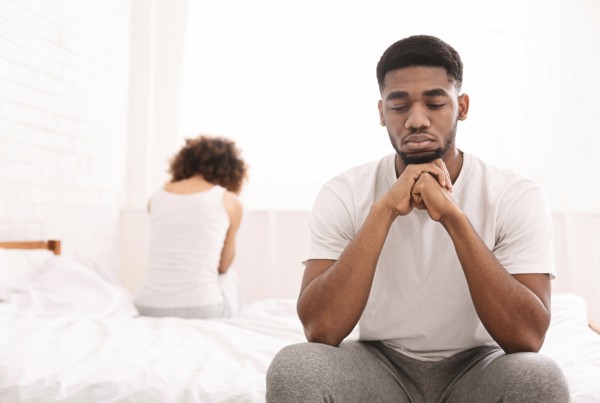According to a study in the Netherlands, most young people in Europe want to have at least two children. However, as we get older, a ‘fertility gap’ can occur in which the number of children we end up having is lower than the number we would have liked.
Led by J. Dik F. Habbema, the team of researchers found that the latest age a couple should start trying to conceive strongly depends on how important it is to have a family of a certain size, and whether IVF is something they are willing to consider if a natural pregnancy does not occur.
The Relevance of Desired Family Size
If you wish to have a family, you may need to start thinking about trying to conceive earlier than anticipated. Furthermore, the more children you would like to have, the younger you will need to be when you start trying.
The first part of the study looked at heterosexual couples who would be willing to consider IVF if pregnancy didn’t naturally occur. The results showed that to give yourself a 90% chance of having one child, you will need to start trying to conceive when the female partner is 35 or younger. If you want two children, you should start trying before the female partner reaches 31, and for three children, 28 years.
If a couple would not consider IVF if conception did not naturally occur, they should begin trying for a family when the woman is even younger. For one child, it is best to start trying before a woman reaches 32, for two children 27 years, and for three children 23 years old.
The above recommendations offer a 90% chance of achieving your desired family size. However, you may feel that family size is important but not something to be achieved at all costs. For a 75% chance of having a certain number of children, the researchers stated that you could start trying between 4 and 11 years later than the above ages.
When to Start Trying
Although we might be more fertile at a younger age, there are many reasons that individuals and couples might delay entry to parenthood. This might include not meeting the right partner, relationship breakdowns, financial constraints, educational commitments, professional ambitions, or personal goals that would be harder to meet with children.
If you are in your twenties, you may need to weigh up whether:
- Achieving your desired family size is the most important thing
- Future family size is important, but not at the expense of other competing factors such as your career
- Life without children would also be fine
This may help you to decide whether you need to begin taking steps towards parenthood in your twenties, or if you can gamble and wait.
Conceiving in your thirties or forties may take longer, and fertility assistance may be required. If you want children in future but already know that you wouldn’t consider IVF, you may decide to start trying to conceive sooner.
While female age is important, male fertility is also crucial for conception. If you are trying to conceive, you might like to check your motile sperm concentration (a measure of how many sperm are moving) using a YO Sperm Home Test. Testing at home can provide reassurance, or indicate when you might want to seek medical advice regarding male fertility.
Final Thoughts
As we get older, our fertility starts to decline. Calculating when to start trying for a baby depends on how many children you think you want, and how important it is that you achieve your desired family size. Furthermore, individuals who would not want to try IVF if a natural pregnancy did not occur may need to start trying sooner.
While it might take you longer to conceive, and it may be harder to have a large family if you have your first child later in life, you can be reassured that parents who have children later report many benefits to delaying parenthood.







